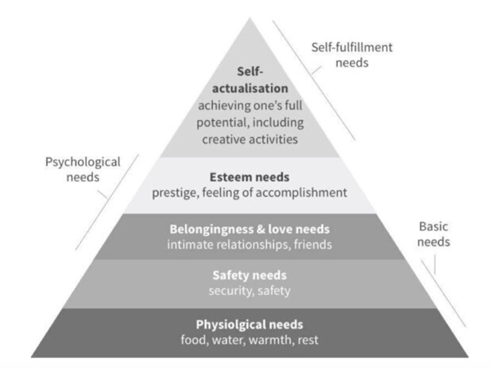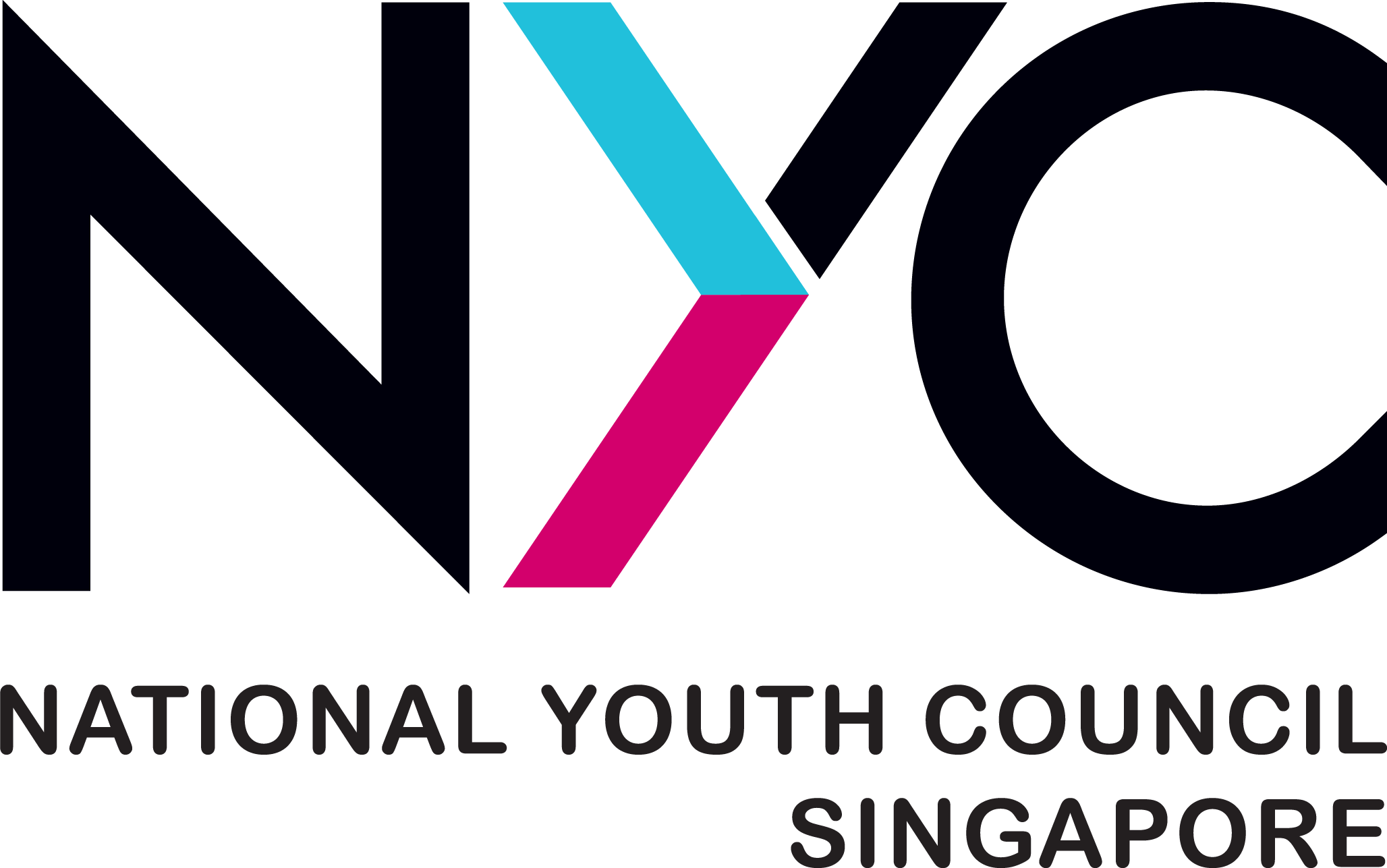Making the cut: Is a friendship detox for you?
12 January 2024
Friendship breakups are often hard on both sides if they aren’t done with mutual respect in mind. In dealing with them, communication is key.
Written by: Keolah Cheah

At the turnover of any given year, people often take the time to refresh their perspectives and reflect on the past. At this point, some find themselves doing a friendship detox.
New Year, New Me: Time to cut off toxic friends?
Afriendship detox, as suggested by its name, is the process of cleaning out your friend group. During this process, youths will often weigh the pros and cons of keeping certain friends in their orbit.

The word “detox” itself is generally used in circles concerned with health and wellness, and is used to “cleanse” the body of toxins through specific drinks or diets. PHOTO CREDIT: UNSPLASH/VITALI I PAVLYSHYNETS
Then, like snipping off the diseased part of a succulent, they might cut out friends or even whole cliques from their lives. What can a detox do for you?
Friendship detoxes can often be beneficial in improving your mental health, especially if you’ve found yourself hanging around people who drain you.
One phrase that frequently pops up with relation to friendship detoxes is the idea of “protecting your peace.” It entails taking care of the self by keeping your best interests in mind throughout every interaction.
Despite the process starting with the self in mind, it’s important to remember that this is not a selfish step to take. In fact, it can often be beneficial for both you and your remaining friends.
When taking care of yourself, you often end up taking care of others as well. For instance, taking the time to improve your self-confidence enough to not “need” toxic friends can bring about a consistent positive self-perception. Besides improving your mood, this can transfer to the way you approach and speak to others.

If you’ve ever heard the phrase “You can’t pour from an empty jug”, you’ll know you need to fill your (mental) jug first before you can pour into others. PHOTO CREDIT: UNSPLASH/BÙI THANH TÂM
However, despite the possible benefits of a detox, it’s important to consider a few things before doing one.
Things to consider
According to a study on friendship characteristics by Austen R. Anderson and Blaine J. Fowers, friendships and relationships are intensely important to us as humans.
“Our psychological and physical health is powerfully influenced by our relationships,” the article says.
As such, it makes sense that there’s a wide range of content available both on and offline analysing relationships and the value they bring to us.
We might have been exposed to media that encourages us to prioritise ourselves or our mental health first. While it is true that we should take care of ourselves, this can sometimes lead us to believe that we should only be around those who we can learn from, depend on or otherwise benefit from.
However, having a black-and-white view on friendship can be damaging and doesn’t acknowledge that as humans, we can be good and do bad things, or vice versa. The same goes for the people you may be considering cutting out.
Having differing perspectives can sometimes be refreshing, and you probably shouldn’t be deciding who you should be friends with based on a magazine who doesn’t know those people like you do. (Hey, I know reading this off of Youthopia sounds ironic, but my point stands.)

Maintaining a balance between friend groups can be difficult, especially during busy times of your life. PHOTO CREDIT: YOUTHOPIA/TIANA QUEK
How can we mend relationships?
It’s also important to remember that there are possible ways to mend relationships and maintain them, rather than cutting somebody off straight away.
While the list of conflict resolution skills are virtually endless, one study on conflict in the workplace suggests several ways to approach conflict resolution conversations.
It mentions establishing “mutual respect and mutual purpose”, as well as a safe environment. This means making sure you communicate clearly with an objective to accomplish by the end of the conversation.
For instance, this might be something like “I want them to understand that an action they took upset me, and ask them to work on this for the future.”
If you have the opportunity to set boundaries during the conflict resolution, you can attach consequences to them.
An example boundary would be “If you speak to me in this way again, I will block you.” This way, your needs come across clearly while emphasising the importance of the boundary to the other person.
If you ever do need to block the person, you will also have peace of mind knowing that they crossed the boundary with full awareness of what would happen.

In the words of Asif of ‘Friendship ended with MUDASIR’ fame, “Your ego seeks conflict; it loves nothing better than to win battles… sadly as it wins, you often lose respect and friendships.” PHOTO CREDIT: KNOW YOUR MEME
If all else fails…
There are situations where being friends with someone is not an option anymore. You could have had that conversation over and over again and felt that you’ve seen no results on their end.
If you’ve made the decision to cut somebody off, remember that you are also entitled to feel hurt, upset, and sad about it. Letting go of somebody close to you will never be easy.
You might feel guilt or shame while communicating this decision to them. Considering the other person can be a heavy burden to bear, but at the same time, it is important to remember that if you communicate in a clear, respectful way, you have done your best.
However, one question you must ask yourself if you find yourself constantly having to “detox” your friend groups is whether this action is socially sustainable for you. The cycle might indicate a tendency in avoiding long commitments or friendships, or could say something about the people you gravitate towards.
All in all, it’s important to take a step back and review your friendships objectively and with an eye on your emotions. Both considerations are equally as important, and work in tandem with each other when evaluating your social circle.
What do you do if you’ve been cut off?
When somebody cuts you off, it often stings. There’s a reason the phrase “friendship breakup” exists, after all. It can be shocking, especially when we deeply treasure that person. Sometimes, it forces us to see things about ourselves that we don’t want to see.
Grieving a friend can often be strange. You might have to trash the playlists you made for them, or avoid a place you visited with them.
It can also be difficult to reconcile with the fact that you’ve done something wrong in a relationship. While it is natural to make mistakes, even the least self-preserving among us tend to justify actions we’ve taken.
There is a fundamental human want to be understood and loved, as demonstrated by Maslow’s hierarchy of needs. This love usually necessitates forgiveness, since no human is flawless. Often, we want others to see our inherent ugliness and care about us despite it, to put in the work to find something to love within us.

A sense of belonging, recognition, and the feeling of being understood appear under psychological needs in Maslow’s hierarchy. PHOTO CREDIT: RESEARCHGATE/EGLANTINA HYSA, EGLA MANSI
The end of a friendship can be more than just the friendship. Our friendships are often connected to our self-esteem or measure of how likeable we are to others. Being cut off can signal to an individual that they aren’t “worth” keeping around.
Though the validity of that idea can be questionable, it is a thought that can appear, and it is important to address that in a healthy manner.
It is also important, especially at the “anger” stage of grief, to curb your response. When somebody cuts you off, they might not communicate it in the most delicate way – on their side, there might be some unresolved resentment or anger, but it’s important to respect their feelings, too.
In a scientific review about the psychophysiology of anger and violent behaviour, A. Scarpa and A. Raine suggest that emotional aggression is “often more impulsive, less controlled, and reactive to some perceived provocation.”
Anger itself can often arise as a result of other emotions, like loneliness. For instance, lonely thoughts can sound like “If you leave me now, who will stick around?”, or “Why are you abandoning me?”. These thoughts are often unpleasant to have, and result in anger if unresolved.
Responding in anger often does nothing to de-escalate a situation, so it’s important to acknowledge the underlying emotions that this anger stems from. It can be helpful to take a moment for yourself, acknowledge how you’re feeling, and come back with a more balanced approach to talk.
Still, this does sound like an ideal situation. We aren’t always at liberty to talk it out. Friends can confront you suddenly. It can happen at a stressful time for both of you. They can block you, cutting off contact without warning. It won’t be easy to be calm then.
Yet, when something happens that causes a friend to cut us off, it can be good to sit back and absorb the reasoning behind their decision. No matter the circumstance or who you personally believe is right, losing a friend is always an opportunity to grow and self-reflect.
So… Now what?
It can be daunting to process the fact that friendships are difficult and may not last.
There is no one way to engage in friendship, and there is no one perfect way to end one. On your journey with relationships, you will make mistakes, regret losing people, and suffer.
However, if you look out for both yourself and others, just that effort itself will be worth it, no matter the outcome.
